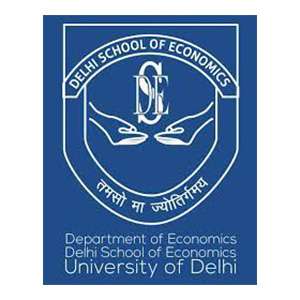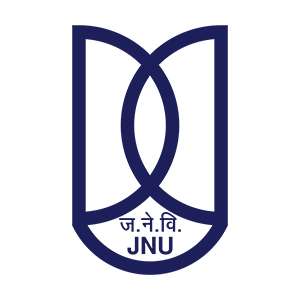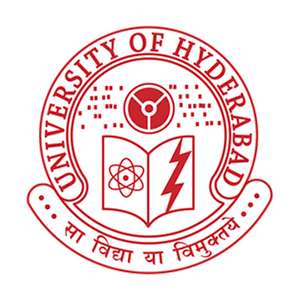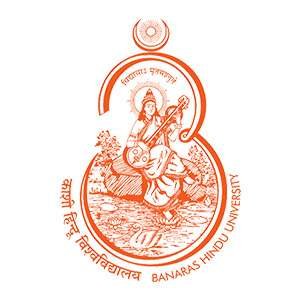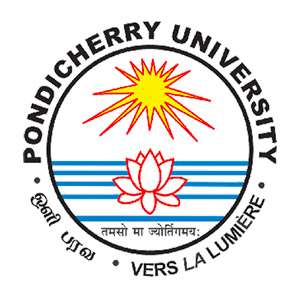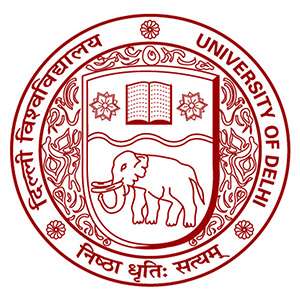Edusure – Best MA Economics Entrance Coaching in India
SPECIAL CUET COURSE
Course Description
This is a MA Economics Entrance Coaching program for students who are seeking admission for MA Economics in colleges under CUET Exams and others.
This group of college are more focused on the basics of Micro, Macro, Mathematics and Statistics along with Indian Economy and Development Economics.
To train yourself for the entrance of colleges like DSE, JNU, Ashoka, SNU, MSE, IIFT and similar colleges this course is meant for you.
The CUET Plus Masters in Economics Entrance Coaching program will cover everything from basics to intermediate level. It is a golden opportunity for students to grab a seat at one of the most prestigious institutes of the country, with a very high success rate, with an unbelievable 1: 2 seat to student ratio.
There are no background restriction on students appearing for the MA Economics Entrance. Students from all backgrounds be it Economics, Mathematics, Engineering, Arts or any another background.
For enrolling with us:
UPI – edusure@hdfcbank
Name –SAMAHI COACHING LLP
For account details please connect with EduSure Team 8100824600/01.
Please do a confirmation with us after processing the payment by sending a screenshot to our WhatsApp Number ( 8100824600 / 01 )
EduSure CUET PG Economics 2025 Course Details
LAUNCHING Special CUET Course 2025
Ace your CUET PG Economics 2025 Preparations with EduSure

SOUMYA KUNDU
JNU SSS & SIS 2023
RANK 1

RAGHAV MODI
DSE 2022
RANK 1

JAYEE GHOSH ROY
JNU SSS & SIS 2021
RANK 1
Course Features
24*7 Student Portal Access
Updated Lectures on Indian Economy
Unlimited Doubt Sessions
Access till the date of the exam
CUET Course Syllabus
Micro Economics |
| – Consumer Theory or Behavior: |
| – Demand Analysis |
| – Utility and Indifference Curve |
| – Revealed Preference Theory |
| – Consumer Surplus |
| – Production Theory: |
| – Production Function and its Types |
| – Law of Variable Proportions |
| – Returns to Scale |
| – Cost Function and its Types |
| – Price and Output Determination in Market: |
| – Perfect Competition |
| – Imperfect Competition: Monopoly, Price Discrimination, Monopolistic Competition, Duopoly, and Oligopoly Models |
| – General Equilibrium, Efficiency, and Welfare Economics |
| – Externality |
Macro Economics |
| – National Income Accounting |
| – Income and Output Determination: |
| – Aggregate Demand and Aggregate Supply |
| – Effective Demand Principle |
| – Classical and Keynesian Theory |
| – Money and Inflation: |
| – Demand and Supply of Money |
| – Money Multiplier and High-Powered Money |
| – Credit Creation |
| – Role of Reserve Bank of India and Commercial Banks |
| – Quantitative Theories of Money |
| – Philip’s Curve |
| – Monetary and Fiscal Policy of India and its Role |
| – Consumption and Investment Function: |
| – Permanent, Relative, and Life Cycle Hypothesis |
| – Determinants of Business Fixed Investment |
| – Residential Investment and Inventory Investment |
| – Multiplier and Accelerator |
| – Open Economy Models: |
| – Mundell and Fleming Model (IS, LM, and BP Curve) |
| – Balance of Payments |
| – Exchange Rate Determination |
| – Purchasing Power Parity |
| – Economic Growth: |
| – Harrod-Domra Model |
| – Solow Model |
Statistical Methods in Economics |
| – Descriptive Statistics: |
| – Mean, Mode, Median |
| – Dispersion: Range, Quartile Deviation, Average Deviation, Standard Deviation |
| – Skewness |
| – Correlation and Regression: |
| – Simple Regression Model |
| – Probability Distribution |
| – Sampling |
Mathematical Methods in Economics |
| – Basic Concepts: |
| – Sets and Vectors |
| – Functions of One and Several Real Variables |
| – Single and Multi-variable Optimization |
| – Integration of Functions |
| – Difference Equations |
| – Linear Algebra and Calculus: |
| – Determinants and Matrices |
| – Linear Programming |
| – Probability |
| – Differential Equations |
Indian Economy |
| – Overview of Colonial Economy: |
| – Macro Trends: National Income, Population, Occupational Structure |
| – Agriculture: Agrarian Structure, Land Relations, Agricultural Markets, Performance and Productivity Trends, Famines |
– Railways and Industry: Evolution of Entrepreneurial and Industrial Structure, De-industrialization Debate, Constraints to Industrial Breakthrough, Labor Relations |
| – Economy and State in the Imperial Context: Imperial Priorities, Economic Policies, Fiscal Policies, International Trade, and Capital Flows |
| – New Economic Policy: |
| – Public Economics: Public and Private Goods, Externalities, Budget, Deficits, Public Debt, Fiscal Federalism in India |
| – Taxation: Economic Effects, Deadweight Loss, Distortion, Efficiency, Equity Considerations, Tax Incidence, Optimal Taxation |
| – International Trade Theories: Adam Smith, Ricardo, Heckscher-Ohlin Model, New Trade Theories |
Feel the Joy of EduSure Rankers









